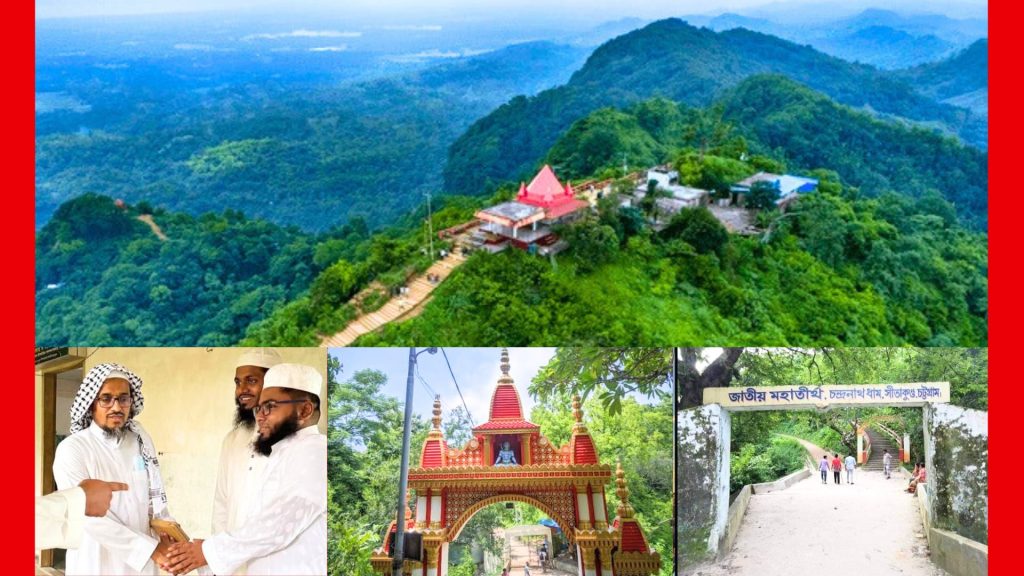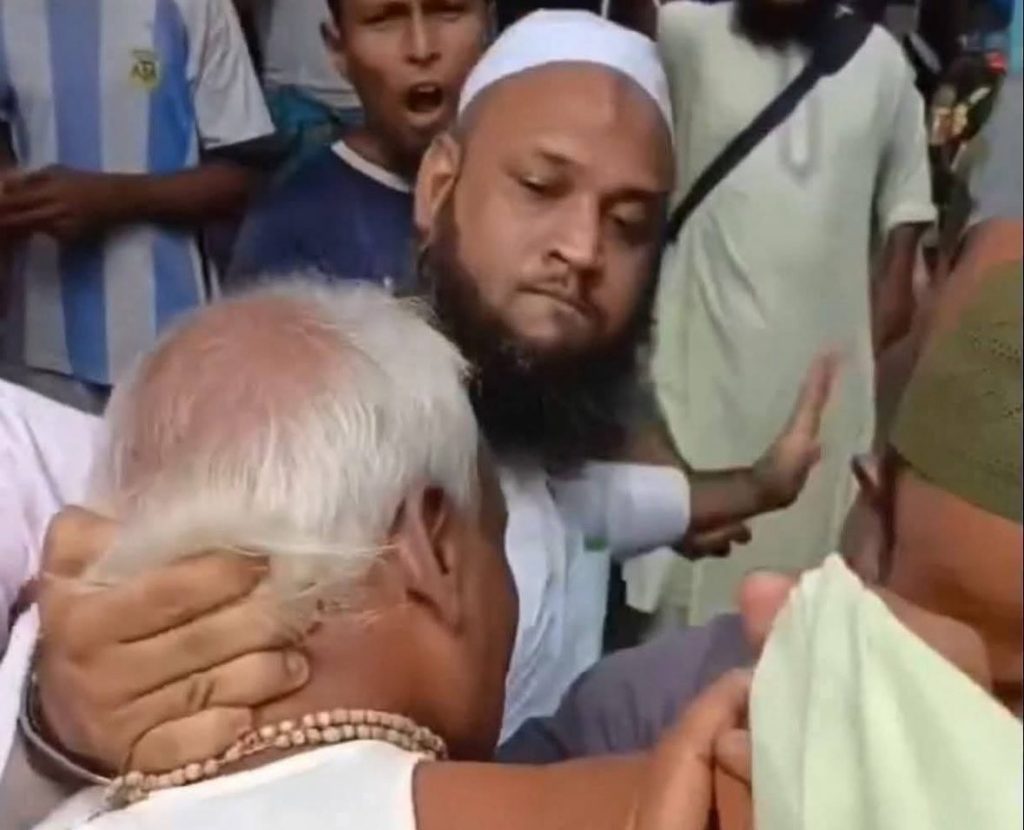Activists have called for strengthening the UN’s human rights mechanisms, amplifying the voices of marginalised communities, and ensuring accountability for countries that fail to protect minorities.
At the 60th session of the United Nations Human Rights Council (OHCHR), a key side event titled “Voices from the Margins” brought renewed focus to violations of minority rights in South Asian countries, including Bangladesh.
Organised by Global Human Rights Defence (GHRD), the event highlighted ongoing discrimination and violence against religious and ethnic minorities across the region.
Speaking on behalf of Bangladesh, Rahman Khalilur Mamun, Executive President of the International Forum for Secular Bangladesh, stated that Hindu, Christian, Buddhist, and Indigenous communities are facing severe communal violence.

He warned that impunity for perpetrators is spreading due to the lack of effective action against crimes. Mamun called for international support to safeguard secularism and democratic values, cautioning that without global attention, the security of minorities would come under even greater threat.
Representing Pakistan’s Ahmadiyya Muslim community, Mehmud Ur Rahman Anwar said Ahmadis are criminalised merely for expressing their faith. He strongly criticised Pakistan’s blasphemy laws and systemic persecution, urging the international community to take stronger action.
Bangladesh’s minority rights group concerned over possible exodus to India
Oikya Parishad: 27 killed, 20 raped in 258 violent attacks on minorities in 6 months
From Sri Lanka, Mr. Ravi Kumar spoke on behalf of the Tamil community, shedding light on both historical and ongoing discrimination against Tamils. He referenced the recent visit of the UN High Commissioner for Human Rights and the activities of OHCHR’s Accountability Project (OSLAP), but stressed that despite international attention, accountability for past crimes remains absent.
GHRD’s human rights officer, Charlotte Zehra, addressed restrictions on cultural and religious freedoms in Tibet and highlighted the systemic discrimination faced by the Tibetan people. She urged the Human Rights Council to prioritise these concerns.

Charlotte Zehra emphasised: “Protecting minority rights is not an act of charity — it is a matter of justice, equality, and dignity.”
She underlined that the rights of minorities must be treated as central to building peaceful and inclusive societies.
In Bangladesh, the key reason behind the minority persecution is the emergence of Jamaat-Shibir, a concern of the Muslim Brotherhood, and jihadist groups after the fall of the secularist Awami League government last year.
Factbox: Minority repression by Yunus government supporters neglected
Report: Militants planned siege of Indian High Commission in Dhaka
The Jamaat-controlled interim government is patronising these elements and is poised to implement reform proposals in a way that would shrink the secular space.
Recently, the home adviser came under criticism for terming the Durga Puja a festival of liquor and marijuana, while Jamaat is seen collecting Jizya tax from the Hindus.
In the past year, a large number of minority people have left the country, and many more may end up taking refuge in India unless the Yunus regime takes necessary and effective steps immediately to restore the fear and crisis of trust in the minds of the religious minorities and Adivasi people of the country.
The government is blamed for not giving any importance to incidents related to communal violence, and denying the allegations as false, exaggerated, and fabricated, while giving impunity to the perpetrators. Hence, the minorities started feeling insecure.
The detention and jailing of Hindu leader Chinmoy Prabhu Das for demanding justice and organising the minorities is a stark example of state-sponsored persecution, activists say.
According to the Bangladesh Hindu Buddhist Christian Oikyo Parishad (BHBCOP), a total of 2,442 incidents of violence against religious and ethnic minorities occurred in 330 days, from August 4 last year to June 30, 2025.
NCP preparing for Turkish-style armed jihad in Bangladesh, assault on India
Brig Azmi’s Dark Plan: Islamizing army, unleashing suicide squads on India
The highest number of incidents of violence took place from August 4 to August 20 of last year, with 2,100 attacks on houses, business establishments, and temples.
In addition, 132 incidents of violence occurred from August 21 to December 31 of last year. From the beginning of this year to June 30, at least 258 incidents of violence occurred.
During this period, there were 27 murders, 20 cases of torture/rape/gang rape of women, 59 cases of attacks, vandalism, looting, and arson on places of worship, 21 cases of arrest and torture on charges of alleged blasphemy, 87 cases of attacks, vandalism, looting, and arson on houses and businesses, 12 cases of forced occupation of houses, land, and businesses, four cases of physical torture and forced resignation, 12 cases of attacks and torture on indigenous people, and 16 cases of obstruction of religious ceremonies, kidnapping, and others.
The BHBCOP lamented that, without giving any importance to the incidents related to communal violence, the Yunus-led interim government has adopted the strategy of denying the allegations as false, exaggerated, and fabricated.